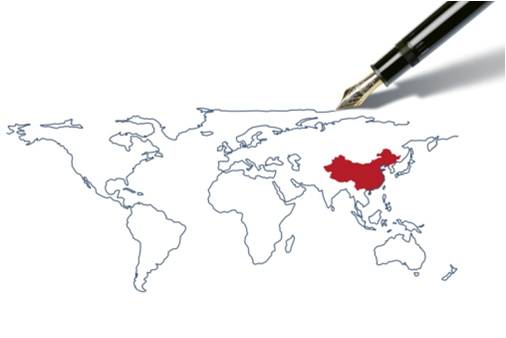
GreRoyalt
2017-05-19




On 30 December 2016, Deere & Company and its Chinese subsidiary John Deere (China) Investment Co., Ltd. (“Deere China”) won at first instance of a lawsuit involving trademark infringement and unfair competition. Deere & Company’s three trademarks, “JOHN DEERE” in Classes 7 and 12, and “约翰.迪尔” (“JOHN DEERE” in Chinese characters) in Class 7 were recognized as well-known trademarks by Beijing IP Court in this case. The court ordered the three defendants to cease infringement, make a public statement to eliminate adverse effects, and awarded the plaintiffs RMB 5 million in punitive damages and over RMB 360,000 in reasonable expenses. On 10 January 2017, at a press release for the second anniversary of the Beijing IP Court, the case was selected as a paradigm of “strengthening judicial protection of IPRs”.
Founded in 1837, Deere & Company is one of the largest manufacturers of agricultural machinery in the world. It entered the Chinese market in 1976, established its first Chinese subsidiary, John Deere Jialian Harvester Company Ltd. in 1997, and set up a wholly owned company, Deere China, in 2000. Its registered trademarks, “JOHN DEERE”, “约翰.迪尔”, and “ ” are Deere & Company’s core marks, which have been widely used on agricultural machinery in Class 7, tractors in Class 12 and industrial oil in Class 4. Meanwhile, Deere & Company also owns registered trademarks such as “HY-GARD” and “PLUS-50” in Class 4.
” are Deere & Company’s core marks, which have been widely used on agricultural machinery in Class 7, tractors in Class 12 and industrial oil in Class 4. Meanwhile, Deere & Company also owns registered trademarks such as “HY-GARD” and “PLUS-50” in Class 4.
The defendant John Deere (Beijing) Agricultural Machinery Co., Ltd. and the other two are actually controlled by the same person, who not only set up a number of copycat enterprises with the name of “约翰迪尔” in China, but also incorporated in Washington State, USA a shell company named “AMERICAN JOHN DEERE PETROLEUM CHEMICAL INDUSTRY GROUP, INC.” (which had been forbidden permanently by the US Federal Court to use Deere & Company’s trademarks and trade names). The defendants had long claimed to be Chinese subsidiaries of the said shell company. By cooperation, they produced and sold industrial oils in China under trademarks identical with or similar to Deere & Company’s registered trademarks. And one of them even registered “佳联迪尔” (“Jialian Deere” in Chinese characters) as its own trademark on industrial oils in Class 4. Apart from trademarks, the defendants had used company names, domain names and industrial designs imitating Deere & Company’s marks and logos, and engaged in unfair competition by false advertising and defamation, which had caused material damage to Deere & Company. During the litigation, to turn the facts on their heads, they even brazenly filed a lawsuit against Deere & Company for infringement of their “design patent” which was obtained by imitating Deere & Company’s IP. To safeguard their legitimate rights and interests, Deere & Company and Deere China brought this lawsuit before the Beijing IP Court against the three defendants for trademark infringement and unfair competition.
It makes it clear that protection for well-known marks is more than “cross-class protection”. Where an ordinary registered trademark imitates a registered well-known trademark on the same or similar products and constitutes trademark infringement, the courts may directly accept and decide the case under Article 13 of PRC Trademark Law.
It confirms the judicial policy to strengthen the protection of IP. In a single case, it found several infringements, recognized three well-known trademarks, applied punitive damages, and admonished the defendant for withholding evidence. A. Defendants’ wrongdoing constituted several infringements. B. Recognition of three well-known trademarks in one case. C. Application of punitive damages, and admonition of the defendants for obstructing the provision of evidence.
The decision cracks down powerfully on a malicious long term passing off which behavior is hated by the business community. It represents the determination of Chinese judiciary to “strengthen the protection of IP firmly”, and boosts the morale and confidence of lawful operators in the market.


